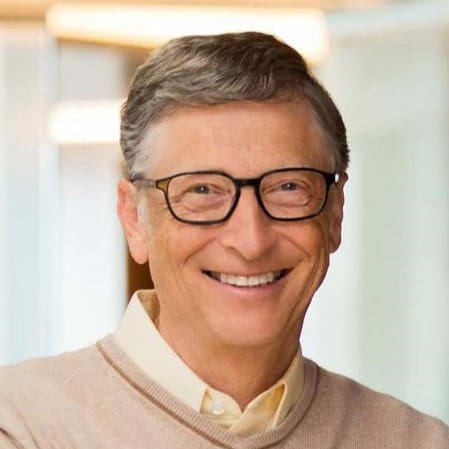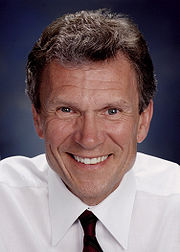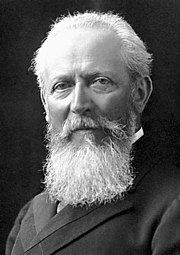Design
Design
Personality
Chart Properties
Your Cross represents the specific theme of your life. This cross embodies your unique potential & the lessons you're here to learn, providing a roadmap to fulfilling your life purpose.
We use the UTC birth time and date to do the calculations required to generate your Human Design chart.
Buy Tokens
Pay as you use, no expiry and no subscription required.Prompt Ideas
Get inspired with some epic prompt ideas.Garry Kasparov's Biography
Russian chess grandmaster, former world chess champion, writer, and political activist, whom many consider to be the greatest chess player of all time. From 1986 until his retirement in 2005, Kasparov was ranked world No. 1 for 225 out of 228 months and 255 months overall for his career. His peak rating of 2851, achieved in 1999, was the highest recorded until being surpassed by Magnus Carlsen in 2013. Kasparov also holds records for consecutive professional tournament victories (15) and Chess Oscars (11).
Kasparov became the youngest ever undisputed World Chess Champion in 1985 at age 22 by defeating then-champion Anatoly Karpov. He defended his title on 10 September 1995 in the World Trade Center, New York against Indian challenger, Vishy Anand with a $1.5 million prize. In 1996, he won against an IBM computer. On 11 May 1997, he was pitted against the $2 million IBM RS/6000SP supercomputer Deep Blue and lost. Furious and embittered, he accused IBM and its scientists of cheating by helping the computer during the six games. He did accept the loser’s check for $400,000; the largest purse in exhibition chess history.
At age 22, he was the youngest world champion ever, and 12 years later even stronger. However, his mother, Klara, a former scientist, worried that he might have had too many interests to compete with Deep Blue. He had a new wife and a six-month-old baby, a collection of business ventures, a charitable foundation and a passionate interest in Russian politics.
Known for his intimidating arrogance, Kasparov ruled the chess world for 15 years, surviving five major challenges. On 21 October 2000, midway through the 2000 World Chess Championship, he was yet to win a game in a tense stand-off, playing against one of his students, 25-year-old Vladimir Kramnik. They had contested 23 times before in games played under classical rules: each man had won three times and 17 games ended in draws.
On 2 November 2000, Kramnik defeated Kasparov in the 15th game, clinching the title of World Chess Champion and winning $1.3 million.
Although he lost the final game, the chess master won the Linares tournament on 10 March 2005. A day later, he announced his retirement from the world of professional chess saying that he had made the decision to retire before the commencement of the prestigious tournament. He said his last games were “very difficult for me to play under such pressure, because I knew it was the end of the career which I could be proud of.” He went on, “As a chess player, I did everything I could, even more. Now I want to use my intellect and strategic thinking in Russian politics. I will do everything in my power to resist Putin’s dictatorship. It is very difficult to play for a country whose authorities are antidemocratic.”
Kasparov is currently chairman for the Human Rights Foundation and chairs its International Council.
Link to Wikipedia biography
Garry Kasparov
Your Cross represents the specific theme of your life. This cross embodies your unique potential & the lessons you're here to learn, providing a roadmap to fulfilling your life purpose.
We use the UTC birth time and date to do the calculations required to generate your Human Design chart.







